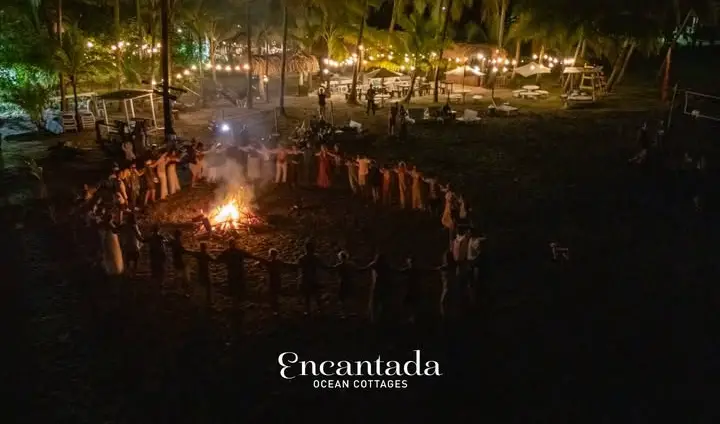Dr. Jorge Badilla and his assistant, Beth Chavarria, found themselves at the center of an international drama. Their patient, Kaitlin Armstrong, was not just another client seeking plastic surgery in the lush landscapes of Costa Rica for its famed privacy and expertise. Unbeknownst to them, Armstrong was a fugitive, her name emblazoned across headlines and law enforcement databases.
The Procedure Before the Storm
Costa Rica, known for its verdant rainforests and pristine beaches, has also carved out a reputation as a go-to destination for medical tourism. Here, Dr. Badilla, a seasoned plastic surgeon with a sterling reputation, and his diligent assistant, Chavarria, were preparing for what seemed like a routine procedure. Armstrong sought cosmetic enhancement, a common request in Dr. Badilla’s practice, where confidentiality and professionalism are paramount.
The Revelation
However, the tranquility of the medical facility was shattered when news of Armstrong’s arrest made its way to Dr. Badilla and Chavarria. The revelation came like a bolt from the blue, transforming the narrative from a simple tale of cosmetic aspirations to a labyrinthine legal ordeal. Armstrong, it emerged, was not merely a patient seeking rejuvenation but a fugitive from justice, her serene facade masking a tumultuous and dark reality.
The Aftermath of Discovery
The aftermath of this discovery rippled through the medical community and beyond, igniting debates on the ethics of medical privacy, the responsibilities of healthcare providers, and the intersection of international law and medical tourism. Dr. Badilla and Chavarria found themselves unwittingly cast into a spotlight far removed from the surgical lamps they were accustomed to, their professional routine upended by unforeseen legal complexities.
Costa Rica’s Medical Tourism: A Double-Edged Sword
Costa Rica’s allure as a haven for medical tourism is underscored by such incidents, highlighting the delicate balance between attracting international patients and ensuring that the medical industry is not unwittingly embroiled in legal entanglements. The case of Kaitlin Armstrong serves as a cautionary tale, prompting a reevaluation of protocols and the importance of international cooperation in vetting patients.
Ethical Considerations and Legal Implications
The revelation of Armstrong’s identity and legal status posed profound ethical questions for Dr. Badilla, Chavarria, and the broader medical community. How does one navigate the murky waters between patient confidentiality and legal obligations? The incident sparked a dialogue within the medical and legal fraternities about the responsibilities of healthcare providers to conduct due diligence without infringing on the rights and privacy of their patients.
Moving Forward: Lessons Learned
The saga of Kaitlin Armstrong’s arrest and its unexpected connection to a plastic surgery clinic in Costa Rica has left an indelible mark on the medical tourism industry. For Dr. Badilla and Chavarria, it was a stark reminder of the unpredictability that can lie beneath the surface of routine medical procedures. Moving forward, the incident has underscored the need for more stringent patient screening processes, heightened awareness of international legal issues, and a recommitment to ethical practices that protect both patients and practitioners.
The Ripple Effect
Beyond the immediate shock and media frenzy, the case has ignited a broader conversation about the ethics of medical tourism, the safeguarding of patient information, and the mechanisms in place to prevent the exploitation of medical services for evasion of justice. It has prompted a reexamination of policies and practices, ensuring that Costa Rica’s medical tourism industry remains respected and viable, while also safeguarding the interests of healthcare providers and recipients alike.
What began as a routine plastic surgery procedure in the serene setting of Costa Rica quickly morphed into an international news story with far-reaching implications. Dr. Jorge Badilla and Beth Chavarria found themselves at the intersection of medicine and law, their experience serving as a cautionary tale for the medical tourism industry. As Costa Rica continues to be a beacon for those seeking medical services, the lessons learned from this saga will undoubtedly shape the future of healthcare practices, patient screening, and the ethical considerations at the heart of medical tourism.
Source link
admin



